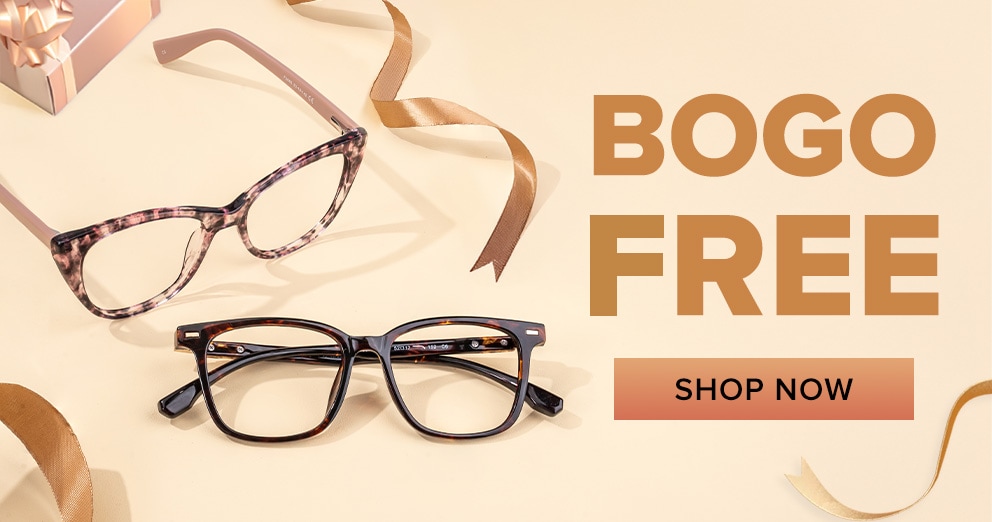How Can Alcohol Affect My Vision and Eye Health?
Apr 10, 2025

Most of us know alcohol can have poor effects on our health such as our liver and brain, despite it being a common social activity. However, one of the lesser spoken effects is how alcohol affects and damages vision and eye health.
For example, a Journal
Of Ophthalmology study showed that night vision is impacted after a night of
drinking in both men and women, with the more they drank correlating to poorer
low light vision. We’ll explore the
effects of alcohol on eye health in greater detail below, discussing both
short-term and long-term effects to be aware of and how to protect your vision.
Why Do My Eyes Get Red When I Drink?
One of the most common symptoms people experience during or after drinking is red eyes. This happens due to Vasodilation. Vasodilation is where the blood vessels in the eye expand causing bloodshot eyes and facial redness.
Excessive drinking can
also lead to dry eyes due to reasons such as dehydration, reduced blinking, and
inflammation which can in turn lead to worsened redness and discomfort. You may ask: can alcohol cause eyesight problems? The answer is: yes. Eyesight can cause
vision problems such as blurred vision, dry eyes, and long-term damage such as
optic neuropathy and cataracts.
Short-Term Effects Of Alcohol On Vision
Blurred Vision
Alcohol impairs the
brain's ability to process visual information, which can make it difficult to
focus and see clearly. This is because alcohol affects the central nervous
system of the body which slows down the communication between the brain and the
eyes. This makes it difficult
for the eyes to adjust to different focusing due to poor coordination and
muscle relaxation.
Decreased Peripheral Vision
Alcohol narrows your
visual field referred to as tunnel vision which reduces your awareness of
objects to the side. This is due to the slowed-down visual processing in the
brain and can be particularly dangerous when you need awareness, such as when
moving around or driving.
Slow Pupil Reaction
Alcohol slows the
dilation and constriction of your pupils, making it harder for your eyes to
adjust to changes in light. This can lead to light sensitivity and poor night
vision.
Dry and Irritated Eyes
As a diuretic, alcohol
can dehydrate your body leading to dry, red, and irritated eyes as it disrupts
your natural tear film production. It can also affect the quality and quantity
of your tears. Learn more about the
correct ways to manage dry eyes in our GS blog post.
Long-Term Effects Of Alcohol On Eye Health
Continuous use of excess alcohol can have negative long-term effects on your eye health and vision such as:
- Cataracts. Excessive alcohol intake can increase the chances of developing cataracts. This is a condition of the eye where the lens becomes cloudy and impairs vision. Alcohol does this for many reasons causing oxidative stress, nutritional deficiencies, and dehydration.
- Neuropathy. Long-term alcohol abuse can damage the optic nerve leading to vision loss and difficulty with color perception. This is caused by nutritional deficiencies, toxic effects of alcohol, poor blood flow, and changes in brain functioning.
- Age-Related Macular Degeneration. Studies show heavy drinking can affect central vision and the chances of getting Age-Related Macular Degeneration early.
- Keratopathy. Alcohol-induced nutritional deficiencies can damage the cornea. This can lead to a condition known as Keratopathy. Mostly this is down to vitamin A deficiency, reduced tear production, and impaired healing. When the cornea is damaged it will cause pain, blurriness, and sensitivity to light.
Protecting Your Vision
The main way to protect your eyes from alcohol damage is to reduce your consumption or eliminate it. Alongside this, we recommend the following to help protect your eyes:
- Stay
hydrated - Drinking water alongside alcohol can help minimize dehydration and
its effects on your eyes.
- Eat a
nutritious diet - Eating a nutritious diet can help protect your eyes and boost
natural immunity. Read more about our eye care tips to find out
the best foods to eat to support eye health.
- Prioritize sleep -
Alcohol can disrupt your sleep. Making sure you get enough sleep will supportyour overall eye health and tear production.
- Turn to
non-alcoholic beverages - Switching to non-alcoholic beverages can still
satisfy cravings while supporting eye health without toxic effects.
- Avoid
smoking - Smoking often goes alongside drinking and can negatively impact eyes
causing dryness and even cataracts long term.
- Get regular eye exams - Regular eye exams can help you stay on top of your eye health and spot issues early on like macular degeneration.
